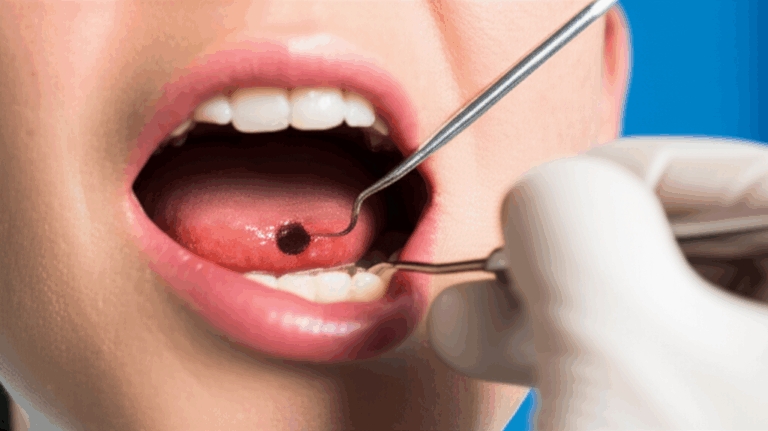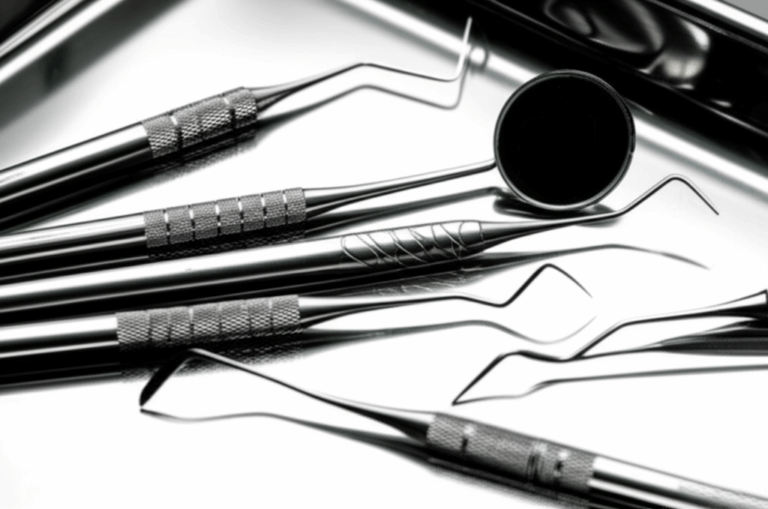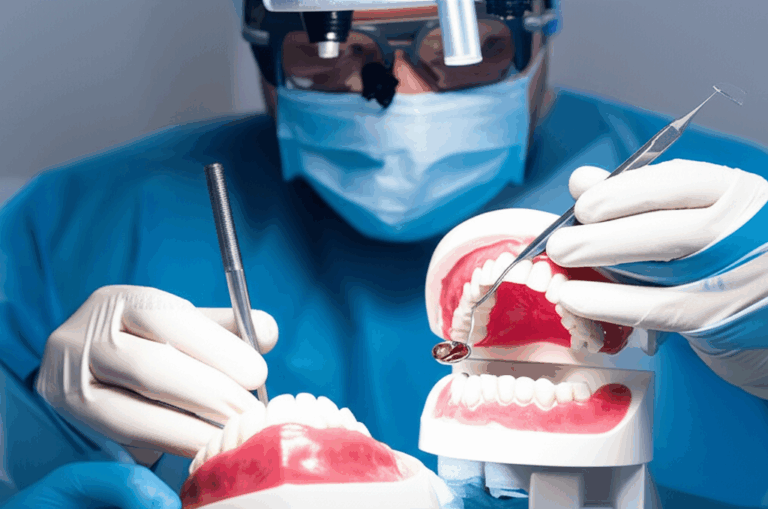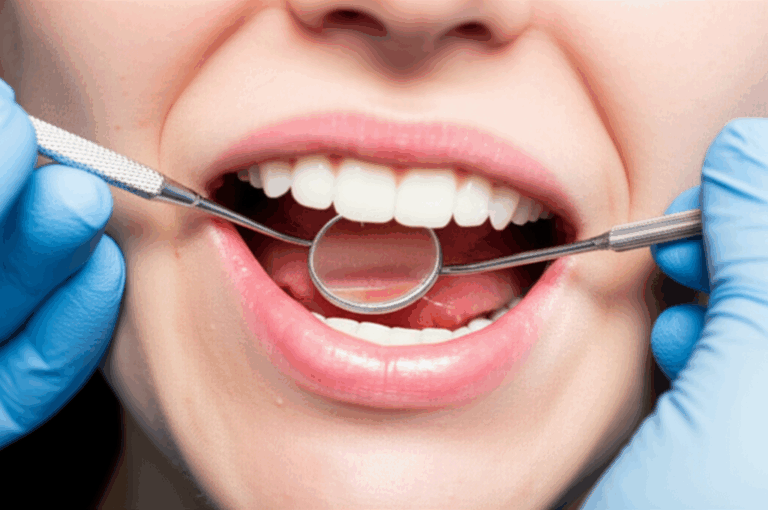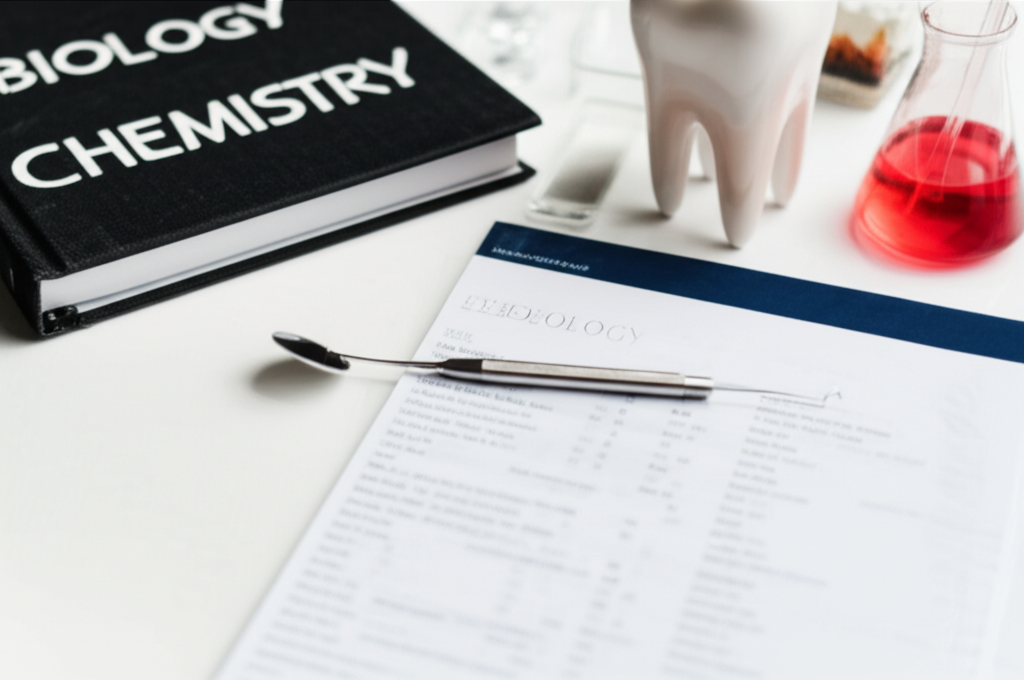
What’s the Best Major for Future Dentists? The Complete Guide to Planning Your Pre-Dental Path
Have you ever typed “what major for dentist” into Google and wondered if you’re on the right track in college? You’re not the only one. Every year, a lot of smart, goal-driven students ask, “Do I need to be a biology major? Which degree will help me get into dental school? What if I really love English or engineering—is dentistry impossible then?”
First, relax. Figuring out your path to dental school might seem stressful, but the truth is, there’s not just one way to get there. If you’re curious, not sure, or just want to pick the best major, you’re in the right spot. This guide will answer your biggest questions, explain what really matters for dental school admissions, and help you feel ready to choose. No extra talk, just honest info—with some real tips and stories.
In This Article
- Debunking the “Best Major” Myth for Dental School
- Why Prerequisite Courses Matter More Than Your Major
- The Most Popular and Recommended Majors for Pre-Dental Students
- What If I’m Not a Science Major? (Non-Traditional Paths Explained)
- What Dental Schools Actually Look For—It’s Not Just Your Degree
- Choosing the Right Major for You (And Why That’s Important)
- Key Data and Real-World Examples
- Your Action Plan: Steps To Build a Strong Dental School Application
- Frequently Asked Questions About Dental School Majors
Debunking the “Best Major” Myth for Dental School
Let’s clear something up: There’s no “magic” college major that gets you into dental school by itself. You may hear rumors like “You need to major in biology,” or “Non-science majors can’t get in.” But the real truth? Dental schools care more about what classes you’ve taken, your grades, and your whole application than what your degree says.
Why Do a Lot of People Think There’s a “Perfect” Major?
- It’s easy to think that majoring in biology makes it simple. Biology covers most dental school requirements, and many students do choose it.
- But admissions want students who are ready and well-rounded. They care more about your preparation and drive, not just the degree name.
- You have plenty of options. That’s the good news.
So if you’re asking, “What should I major in to become a dentist?”—keep reading.
Why Prerequisite Courses Matter More Than Your Major
Think about choosing songs for a long trip. Does it have to be just rock, or country, or rap? Not really—as long as you have music you like and a map to help you get there. For dental school, think of prerequisite courses as the fuel—you need certain ones, no matter your major.
The Main Required Classes for Dental School
Most dental schools ask for:
Science Courses (the most important part):
- General Biology (2 classes, with labs)
- General Chemistry (2 classes, with labs)
- Organic Chemistry (2 classes, with labs)
- Physics (2 classes, with labs)
- Biochemistry (1 class)
Other Key Classes:
- English/Writing (2 classes)
- Math (usually Calculus or Stats, 1–2 classes)
Helpful Extras:
- Microbiology
- Anatomy and Physiology
- Genetics
- Psychology or Sociology
Tip: Every dental school has slightly different needs. Always check the current list for each school—look at the American Dental Education Association for the newest info.
Can You Take These Classes With ANY Major?
Most of the time—yes! If your college program lets you add the science classes, your major can be whatever fits you.
The Most Popular and Recommended Majors for Pre-Dental Students
So, what are most pre-dental students picking as their major? Not a shock—science majors are the most popular. Here’s why, and if it should matter for you.
Biology/Biological Sciences
Why so many choose it:
- Covers almost all the main requirements
- Admissions staff know it well
Good points:
- Matches dental school subjects closely
- Helps you get ready for the science on the Dental Admissions Test (DAT)
- Makes planning your schedule easier
Chemistry/Biochemistry
Why pick this:
- Good base for understanding how the body works—really important for teeth and oral health
- Focuses on lab skills and problem-solving
Good points:
- Helps for the tough chemistry on the DAT
- Shows you can handle challenging classes
Other Science Majors
Options:
- Biomedical Sciences
- Health Sciences
- Physics
- Neuroscience
Why it works:
- Broad experience in science
- Some are made for pre-health students
- Shows a strong science background
Not All Science Majors Are the Same
Just because most people choose science majors doesn’t mean you must. The real key is that your classes include all the must-have prerequisites. Pick a science major if you love it—but don’t stop reading yet.
What If I’m Not a Science Major? (Non-Traditional Paths Explained)
Let’s say you love reading, or history, or maybe psychology. You might think you made a mistake by not majoring in biology. You did not.
Can You Get Into Dental School With a Non-Science Major?
Yes—you definitely can! About 5–10% of dental students accepted each year come from a non-science major, according to new stats.
How Do Non-Science Majors Succeed?
Here’s their plan:
- They finish all the needed science classes besides their own major’s needs.
- They prove they can handle science (with good grades).
- They use their different background to stand out—like great speaking skills or life experience that helps in dentistry.
What’s Good About Picking a Different Major?
- You learn skills science students might not get—writing, problem-solving, leading a team, understanding others, or even business.
- You have a backup. If you later change your mind about dentistry, you have other choices for a career.
- You look different (in a good way)! Admissions committees notice unique students who still meet all science rules and do well.
Real Student Example
There’s an English major who loves writing and speeches. She does the science classes on top of her own major (even if it’s more work), scores well on the DAT, and volunteers at a dental office. She is accepted—her speaking and people skills help her become a leader among future dentists.
What Dental Schools Actually Look For—It’s Not Just Your Degree
If your major is one part of the recipe, dental schools want to see more than that—your classes, experience, and what kind of person you are.
Big Picture: Looking at the WHOLE Application
Dental schools don’t just care what degree you got. They use something called a holistic review, which means they look at everything.
Here’s what they focus on:
1. Academic Strength
- Grades: Try for a total GPA of about 3.6–3.7 and a science GPA of at least 3.5 for your best chance.
- Class Difficulty: Did you take tough science classes—and do well?
2. Dental Admission Test (DAT) Results
- Target: Most accepted people get 20+ out of 30 on the main sections.
- DAT Parts: Biology, Chemistry, Organic Chemistry, Reading, Math, and Perceptual Ability (for hand-eye and spatial skills).
3. Time Spent In Dental Settings
- Try for 100+ hours shadowing both regular dentists and specialists.
- Show you know what dentists really do, not just what you think.
4. Activities & Being a Leader
- Volunteering: Helping in health or community matters both count.
- Research: Shows you are curious and can think about details.
- Leadership: Clubs, sports, and groups help you look well-rounded.
5. Who You Are
- Talking with people
- Good with your hands
- Caring and mature
6. Letters from Others
- From science teachers and a working dentist
- Should talk about your smarts and who you are as a person
7. Personal Statement & Interviews
- Tell your real story—why dentistry, and why you?
- Show excitement and self-knowledge
8. Balanced Applications Win
All these things matter—your major is only one part.
Choosing the Right Major for You (And Why That’s Important)
Now you know you don’t have to pick biology—how do you pick a major that’s right for you?
Questions to Think About
- What do you enjoy? You’re more likely to do well (and get better grades) in something you like.
- What are you good at? Schools look for high grades. Don’t pick a “hard” major if it means you’ll struggle.
- Can you fit all the science classes into your major?
- What if you change your mind? Pick a major that gives you more job options—just in case.
Choosing with Confidence
Try talking to:
- Pre-health advisors—they’re at every college!
- Dental students or real dentists—ask if their undergrad really helped them.
Key Data and Real-World Examples
Here’s what the numbers say (from ADEA and admissions offices):
| What | Data (Typical Year) | What This Means |
|---|---|---|
| Most Common Majors | 60–70% Biological Sciences, 10–15% Chemistry, 5–10% Other Sciences, 5–10% Non-Sciences | Most pick science, but not all |
| Average GPA | 3.6–3.7 | Good grades matter most |
| Average Science GPA | 3.5–3.6 | Strong science grades help |
| Average DAT Score | 20.0–20.8 | High DAT is important |
| DAT Perceptual Ability | 20.0–20.8 | Good hand-eye skills count |
| Dental School Acceptance Rate | Around 50–55% | It’s competitive |
| Shadowing Hours | 100–200+ (recommended) | Shows you’re serious |
| Research | 20–30% have it | Not required, but good |
| Volunteering | 80–90% have it | Shows you care for others |
Real Student Story
A history major who likes stories about science decides to go into dentistry halfway through college. He takes all the science classes needed (even in summer), volunteers at a dental clinic, shadows two different specialists, and writes a personal essay joining history, honesty, and patient care. He gets in—a unique background makes him stand out and ready.
Your Action Plan: Steps To Build a Strong Dental School Application
Ready to get going? Here’s your checklist:
1. Plan Out Your Prerequisite Classes
- Look up needed classes for your chosen dental schools. The ADEA keeps an updated list.
- Make sure you finish the right science classes before taking the DAT.
2. Pick Your Major With Care
- Pick something you like and can get good grades in.
- Make enough room for the science classes. If your major doesn’t have them, add as extras.
3. Keep Your GPA Up
- Both overall and science grades count.
- Having trouble in a tough major? Ask for help, try tutoring, think about a major switch, or talk to an advisor early.
4. Prep Well for the DAT
- Give yourself lots of time to study. Try solid test prep resources—Kaplan, Princeton Review, or classes at your school.
- Focus on science and the hand-eye test.
5. Get Real Experience
- Shadow both regular and specialist dentists.
- Volunteer in health or other community places.
- Try research if you want (but it’s okay if you don’t).
6. Tell Your Story Well
- Find good people for letters of recommendation.
- Write a personal essay that shows why you picked dentistry—and why you’ll do great.
7. Know the Application Steps Early
- Know your timeline (ADEA AADSAS opens in June for fall applications)
- Go to pre-dental meetings and talk to mentors
8. Have a Backup Plan
- Think about other health jobs or fields your major leads to
- Planning for options isn’t bad—it’s smart
Frequently Asked Questions About Dental School Majors
Q: Is there a “best” major for dental school?
A: Nope. Pick a major you like and can do well in—just make sure you take the science classes you need.
Q: Can I go to dental school with a business, psychology, or arts degree?
A: Yes, if you also finish the needed science classes and do well in those.
Q: Do my grades really matter that much?
A: Yes. Try to get higher than a 3.5—both in all classes and in science. Dental school is hard, and grades show if you can keep up.
Q: What if science is really hard for me?
A: Get help early—tutoring, study groups, talk to teachers. If you still struggle, you might rethink dental school (or look at a related job).
Q: Do schools like certain colleges or universities better?
A: Not really, though a respected school can help a bit. Your own success matters most—you don’t have to go to a fancy place to get in.
Quick Reference: Key Resources
- American Dental Association (ADA) How to Apply
- ADEA AADSAS Application Information
- Your college’s pre-health advisor
A Dentist’s Tip—from Majors to Materials
Once you’re in dental school, you’ll see dentistry isn’t only science—it’s part art and part new tech too. From learning about tooth materials to working with specialists for tough cases, today’s dentists need both hands-on and classroom skills. Interested in technology that’s changing the field? Take a peek at resources from top labs like a digital dental lab to see how lab work meets real dental work.
The Healthy Takeaway
Let’s end with the main lessons:
- There isn’t just one “best” major for dentists. The right path is your own, with the must-have science classes and a good record.
- Your whole application matters. Admissions want to know what you learned, how you think, and why you’ll be a great dentist.
- Non-science majors are welcome—if you plan ahead. Make sure you take the science classes and can prove you’re ready.
- The biggest things: High grades, strong DAT score, real-world dental experience, showing leadership, and a good story.
- Start early. Talk to advisors, try new things, and find what inspires you.
Most important: There are lots of ways to become a caring, skilled dentist. Pick what fits you—what excites you, prepares you, and keeps your options open for the future.
Ready to get started? Talk to your pre-health advisor, design your own path, and move toward your goal with confidence. Your patients will be glad you did!
Related Reading:
- What is a dental implant?
- The art behind veneers
- See how high-tech labs like china dental lab are part of today’s dental field
Remember—there’s no one major that makes you a dentist. Your hard work, your plan, and your passion will get you there.

